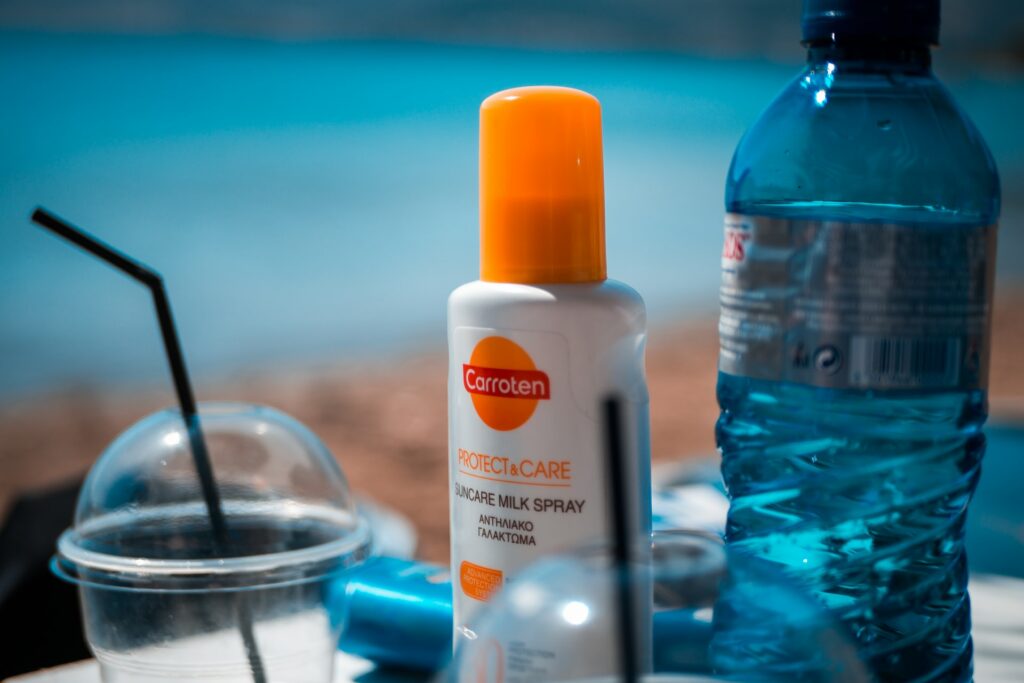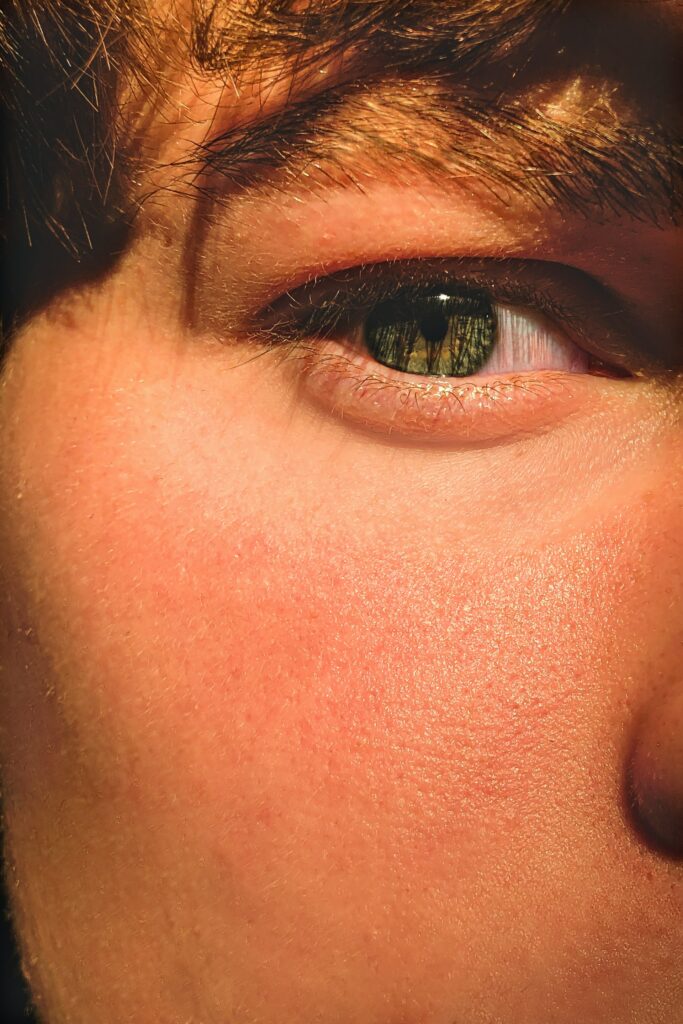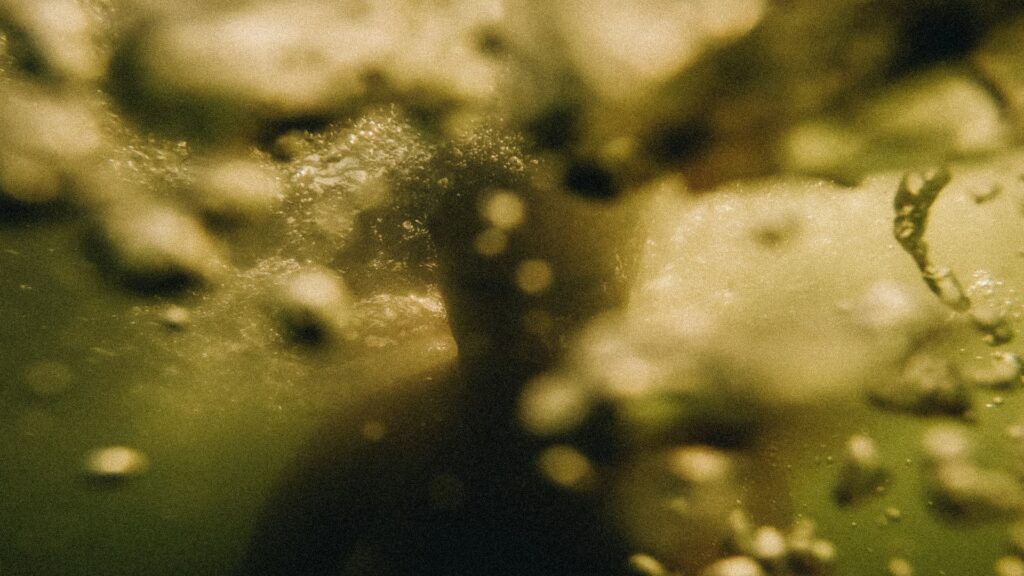Everything You Need To Know About Sun Cream
Information about sun cream and other sunscreen products online can make you feel less than confident about slathering it all over your skin. From myths such as higher SPFs don’t give extra protection to horror stories causing severe burns, the reputation of sun cream online can be difficult to sort the facts from fiction.
When does Suncream expire?
In countries such as the US and UK suncreams are required by the medical regulatory bodies such as the Food and Drug administration to remain at their original strengths for at least three years. So this would mean you can use any leftover sun cream from the previous year to the next.
You may still be asking “When does suncream expire?” simply because you may have forgotten how long it’s been since you last used it. The majority of suncream will include an expiry date, indicating a date when they’re no longer effective. If sun cream is purchased and no expiry date is visible, simply write the date of purchase on the bottle and throw it away once three years have passed.
In order to keep your suncream in good condition over the years, avoid exposing it to excessive heat or direct sun light.
When to apply Suncream?
If you’re new to applying suncream then knowing when it’s best to apply it won’t be common knowledge. To get the best results, it’s best to practice applying it every day, 30 minutes before venturing outside to allow the suncream to bind to the skin and provide adequate protection.
Once applied, it should be re-applied every two hours of exposure and immediately after swimming or excessive exercise that causes increased sweating. Water and sweat will reduce the effectiveness of the suncream. It’s also important to remember to apply it even when it’s cloudy. The UV rays from the sun still reach the earth just as well as with or without clouds. Never underestimate the protection you still need on an overcast day, skin damage is still possible. If you’re ever unsure about using suncream, always ask questions such as “When to apply suncream?” to a qualified professional such as a doctor or pharmacist.

Can Sun Cream cause acne?
Although some suncreams can cause blemishes and acne, this shouldn’t mean you should go without. Unwanted breakouts and blemishes are likely and will depend on the formulation of the suncream you use. If acne is prevalent when using your current suncream, then you may need to find a different formulation to help prevent future breakouts.
So which suncreams should you be avoiding if you don’t want any new acne or further irritating already existing acne?
Some sun creams use organic filters which are generally oily, and can cause the skin to breakout, this is one you should try to avoid. Other formulas such as comedogenic options, can also cause the pores to clog up and give rise to blackheads and blemishes.
One of the many mistakes people make when purchasing suncream is buying only one sunscreen, and that sunscreen being only formulated for the body. They will then apply this everywhere, including the face, when it’s intended only for the body. Sun creams made for the body are likely formulated containing comedogenic ingredients and oils, which will irritate the skin on the face. Make sure to only use formulas specifically formulated for the skin on your face if you want to avoid acne.
Any questions concerning “Can sun cream cause acne?” should be forwarded to your doctor or pharmacist. They may be able to recommend a suncream alternative for your face.
Will Sun Cream stop you from tanning?
A common question we often see online is “Will sun cream stop you from tanning?”
Yes, to a certain extent, wearing sun cream will stop tanning. However, this shouldn’t be the main concern when it comes to the suns UV rays.
It won’t stop tanning completely, as sun cream is designed to allow a small amount of UV rays through, allowing the skin to tan. SPF 50, one of the highest strengths of sun protection, filters out approximately 98% of UV rays, whilst SPF 30 blocks out 96.7% of UV rays, meaning that 3.3% gets through. Because it doesn’t block all of the UV rays, this means you can still get a tan whilst using it. Remember though, to protect the skin against burns, aging, and cancer, it’s essential to wear it every day. Even if it means you won’t get as strong of a tan when comparing without the cream.

Which Sun Cream is best?
Another common question we often see asked is “Which sun cream is best?”
It’s recommended that you should use a cream that is labelled “broad-spectrum”, because this means that it protects against both UVA and UVB rays. UVA rays are the ones that prematurely age the skin, causing wrinkles and age spots, whilst UVB rays cause sunburn. Too much exposure to both of these can increase the likelihood of skin cancer developing.
People with acne or oily skin will want to avoid creams that contain comedogenic ingredients. Any creams not containing these ingredients will be labelled as ‘non-comedogenic’. People with dry skin will want to look for moisturizers that contain sunscreen protection and hydrating ingredients. Sensitive skin will also need a different formulation, one that is physical or mineral. Physical suncreams contain zinc oxide and titanium dioxide to protect the skin. They sit on top of the skin and form a protective barrier. Chemical creams on the other hand are formulated using ingredients called avobenzone and oxybenzone that absorb the UV rays and prevent them from penetrating the skin. Chemical formulations tend to be easier to apply and leave less white residue on the skin than their counterparts.
Which Sun Cream for baby?
Once a baby has reached 6 months old, sun cream should be applied whenever they’re exposed to the sun’s rays. Dermatologists recommend that babies younger than 6 months old should be kept in the shade instead.
Babies skin I extremely delicate, so due to this, mineral-based suncreams are the best. Specifically ones containing zinc oxide or titanium dioxide as active ingredients. Either of these will form a barrier on top of the skin to absorb the suns UV rays.
My Pharmacy has a whole range of different sun care products, including ones that help protect babies and children from the effects of UV rays. Nivea Sun Kids Protect & Care lotion is available for a low, low price with next day delivery. For new mothers and fathers, before purchasing any sunscreen protection, ask for advice from your doctor including “Which sun cream for baby?” and other similar questions.

How Sun Cream works
The inner workings of how sun cream works will depend entirely on the ingredients and different formulations.
Mineral formulations that include zinc oxide or titanium dioxide act as a physical sunblock. Once UV rays hit the skin, the ingredients of a mineral formulation reflect the rays, similar to how white paint reflects white.
Chemical formulations on the other hand that contain organic chemicals such as avobenzone and oxybenzone, instead of reflecting the UV light, they absorb the UV radiation through their chemical bonds. More information about how sun cream works can be sought from your doctor or pharmacist. Skin protection is very important when going on holiday. Skin cancer can develop anywhere, so be vigilant and keep replenishing your sunscreen protection.
Is Sun Cream vegan?
Is sun cream vegan? Like with all medicinal products, sun cream can contain animal products or could have been tested on animals. Products that are cruelty free means that they aren’t tested on animals but may still contain animal products such as beeswax.
Below are a few cruelty-free and vegan products that are available –
- Purito SPF 50
- Dr Dennis Gross All-Physical Lightweight SPF 30
- Green People SPF 15 Sunscreen
- Stream2Sea SPF 30 Sunscreen (tinted + untinted options)
- Alba Sport Sunscreen SPF 45
Is Sun Cream a moisturiser?
SPF moisturiser is the product used to moisturise the skin and protect the skin from sun damage. In short a SPF moisturiser is a great basic level protection against sun related damage. But protecting against the sun isn’t its only job, it also does the job of a moisturiser too. By diffusing the skin, fighting skin pigmentation and reducing the appearance of wrinkles, SPF moisturisers are a great all round defence. If you’re asking the question “Is sun cream a moisturiser?” then the answer is no. Only specific SPF creams and lotions will also contain moisturising properties. When purchasing your protection, always look at the label.
Is Sun Cream waterproof?
Regrettably, no sunscreen (sun cream or sun lotion) is completely waterproof. The food and drug administration in America has declared no sunscreen products should display on their labels that they’re waterproof, as these claims have made purchasers believe their product offers more protection than they actually do. The new regulated labels only allow the products to be labelled as ‘water resistant’ or ‘sweat resistant’.
Typically the amount of waterproof protection sunscreen provides is up to 40 to 80 minutes, with any period after that offering a lower level of protection. The longer you are exposed to water, the more reduced effectiveness the sunscreen will have. Should you have any concerns is sun cream waterproof, please speak to your doctor or local pharmacist.













